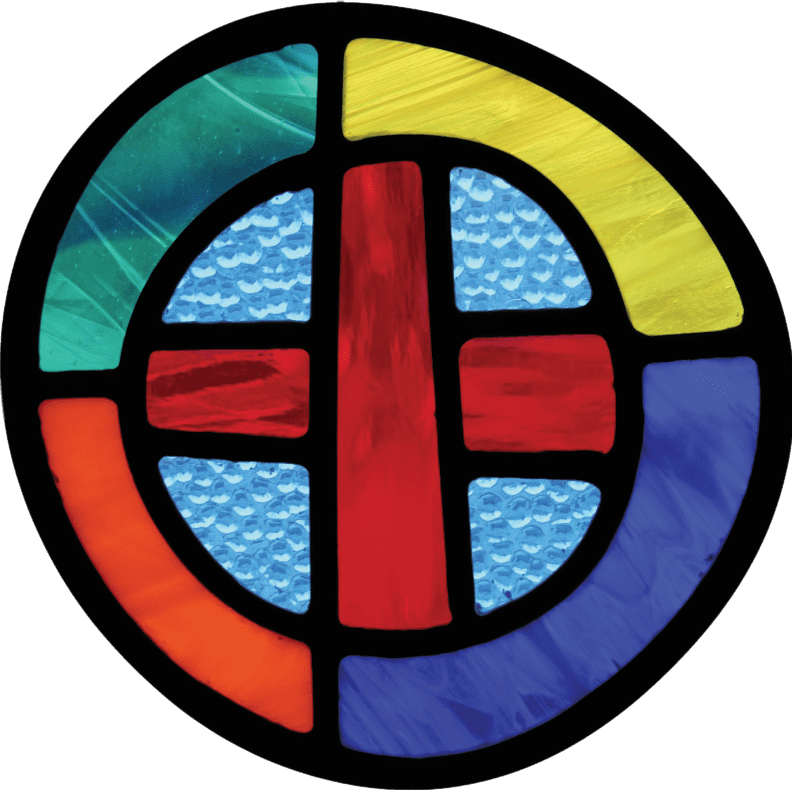January 25, 2026
Dear Friends,
Baptism did not originate with Jesus. Judaism among other ancient religions and sects at the time of Jesus and long before had various rituals and ceremonies using water that could signify various forms cleansing and new life.
Jesus was an adult when he approached John for baptism in the Jordan River, legend and tradition claim he was 30 when he was baptized in the Jordan, well into middle age for a man of his time. It seems apparent to me that Jesus asking for baptism was not an impulsive decision nor did it have anything to do with sin, nor was Jesus’ decision to be baptized the result of an emotionally charged podcast or life changing weekend experience of digitally manipulated adolescent enthusiasm.
In my mind, the baptism of Jesus by John was a considered, mature choice after a life of experiencing the contradictions and moral and spiritual deficiencies and compromises of his own people that lead him to the Jordan River to formally begin a “new life,” a kind of personal revolution, undertaking doing the will of his Father, the work of salvation and remember the etymology of salvation comes from salve and implies healing far more that some kind of rescue mission from the sky.
Jesus began his new public ministry with baptism as a sign of “repentance” and remember that the etymology of repentance means “new thinking.” So by undergoing baptism by John Jesus undertakes the work of healing the ills and the sins and the wounds and the false and immature spirituality and religiosity of his day in direct response to the imprisonment of John the Baptist who would be tortured and killed by yet another weak and frightened Herod of the same tribe as an older Herod who had little boys killed to try and protect his power when word came to him that Emmanual the Christ had been born.
If the Gospel of Matthew was a television series that you could stream on your computer, the Gospel reading for this weekend would be episode two.
In this episode, Jesus walks right into the lion’s den, he puts his feet to the fire to the land of Zebulan and Naphtali, the Galilee of the Gentiles, the seat of Herod’s power, he brings the light into the land of darkness and fear.
The baptism of Jesus in episode one of this series is not the end of the story as baptism so often is thought of in our Roman Catholic and American Christian world where quite often baptism becomes simply a personal ritual of belonging to just another organization among many organizations.
Episode two demonstrates a clear understanding of the power of the Holy Spirit that drove Jesus into the desert and now drives him with purpose and commitment and unwavering love of his Father into the city streets of his morally compromised and damaging and damaged world to heal his people, to give sight to the blind, the spiritually blind, to feed his people with food and drink that will empower them to be driven by the same Holy Spirit into all of the worlds of darkness and death and sadness and futility that await them as they live out their baptisms.
Increasingly, in my mind Catholicism in our country is becoming “performative” and by that I mean, we are being offered prepared scripts that give us words and gestures that confine us to a kind of conformity, a homogenization of unique individuals into a corporate body of likeminded people in cult-like groups using the same words, listening to and reading the same theological and pastoral time stamped in the early 20th century “approved” sources, and imitating the same gestures of practiced piety, as an indication of an authentic and pure Catholic way of being in the world.
This performative version of Catholicism is constellated around certain ideas about “the world, the flesh, and the devil” that constitute a closed system of mission and ministry that, in my mind is far, far, from what we will read later in Matthew’s Gospel “When the Son of Man comes in his glory, and all the angels with him, he will sit upon his glorious throne,and all the nations* will be assembled before him. And he will separate them one from another, as a shepherd separates the sheep from the goats. He will place the sheep on his right and the goats on his left.”
I understand in these morally compromised and damaged and damaging times the need that we have for a secure and safe home but we need to heed Jesus and remember that if we are saying we are taking Jesus at his word then again in Matthew’s Gospel he will warn us not to build our homes on sand because the wind and storm will indeed arrive at our door sooner rather than later, we can be sure of that
We are all flawed and failed in our discipleship of Christ but perhaps this is the time to repent and think in new ways about what our baptism meant and what our discipleship of Christ should look like in our morally compromised and damaged and damaging world.
The world of performative Catholicism isolates us into lives of personal salvation strategies that work to keep “our” world pure and authentic, quite the contrast to the world Jesus walks into seeking followers who will walk with him leaving behind their old ideas of holiness and grace and trust the Holy Spirit as Jesus did.
Karl Rahner the renown 20th century Jesuit theologian predicted that the Christians of the future would be “anonymous”, I sadly think he is correct given the state of all self-identified versions of Christianity in our country.
Father Niblick
